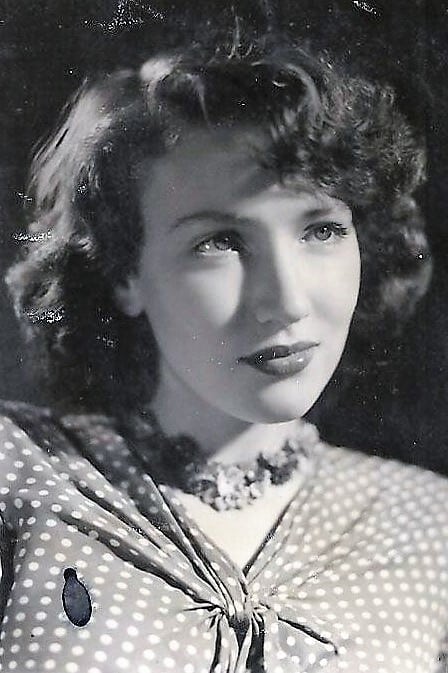
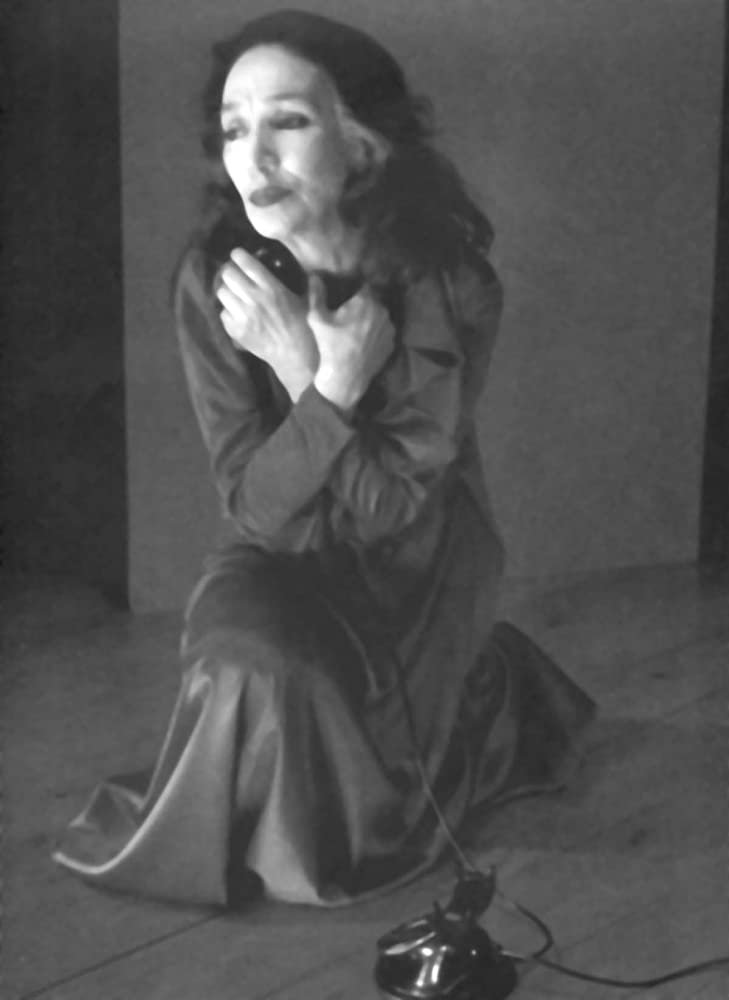
Biographic documentary about the Portuguese actress, Isabel de Castro.
Ivo and Tomás, two volunteered vagabonds who feed their souls of ways and great winds. From time to time they make a stop, renting their arms, the necessary time to be able to, provisions made, get on the road again. Once, with the sun at its peak and a burning heat, the desert that they are crossing seems to be endless. They run out of water… in the end of the day, without any strength left, they let themselves fall near to a dried bush. Ivo stares at the moon rising, as is saying farewell and whispering verses of a poem of a lawyer they’ve met before. It is then that he sees a far light. They set their way to that house…

Francisco just got out of prison after a six year sentence and is now a free man. He wants to change, and after a few days sleeping in the subway tunnels, and some small jobs, he finally gets a room on a cheap hotel. He changes his looks, gets a job, lives his life.
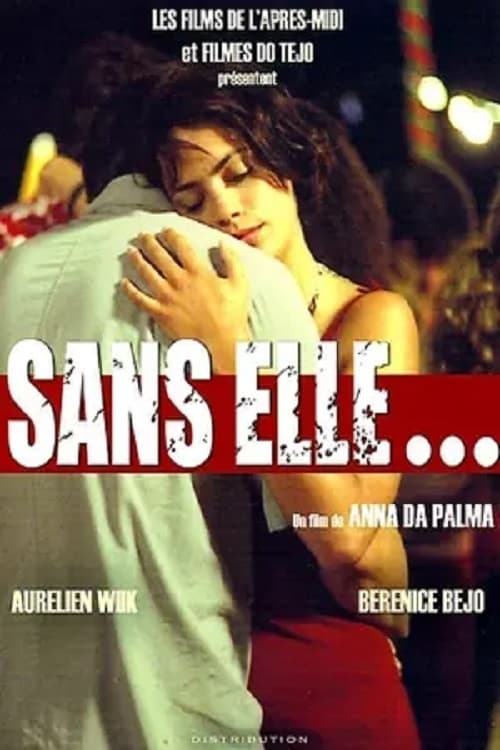
Johnny, aged 20, can't live without Fanfan, his twin sister. There is a very particular intimacy between them. They walk together everywhere, share the same room, the same tastes, the same bike, the same camping tent. But also a conflict principle sets in. Oppressed by his overbearing need, she decides to head for the south of Portugal, the country of their parents. His dreams are shattered; he feels deeply betrayed by his sister. Caught between his father who is preparing to retire to Portugal and his mother who refuses to leave France, he tries to work out his own identity. His passion for rock music gets him involved with his sister's former lover. By following this charismatic leader preaching dubious ideology, he risks losing his "gentle half" forever. Meanwhile in Portugal, she becomes disillusioned. Will they manage to grow up without each other?
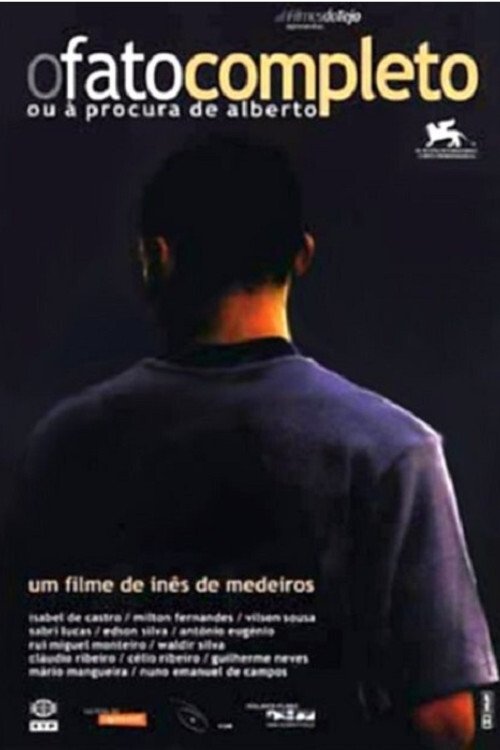
"At first everything was relatively simple. I was looking for a boy of African origins, between 16 and 18 years old to incarnate the role of Alberto in the film I had just written. As they were not actors, I asked candidates to tell me a story of their choice. What they gave me was a lot of life, and they did it with such generosity and authenticity that I was the one concerned. Would I be able to find the same strength, the same emotion?" - Inês de Medeiros
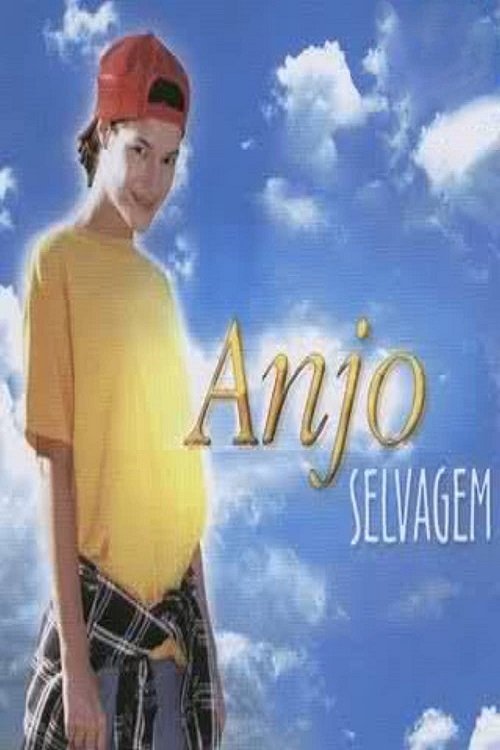
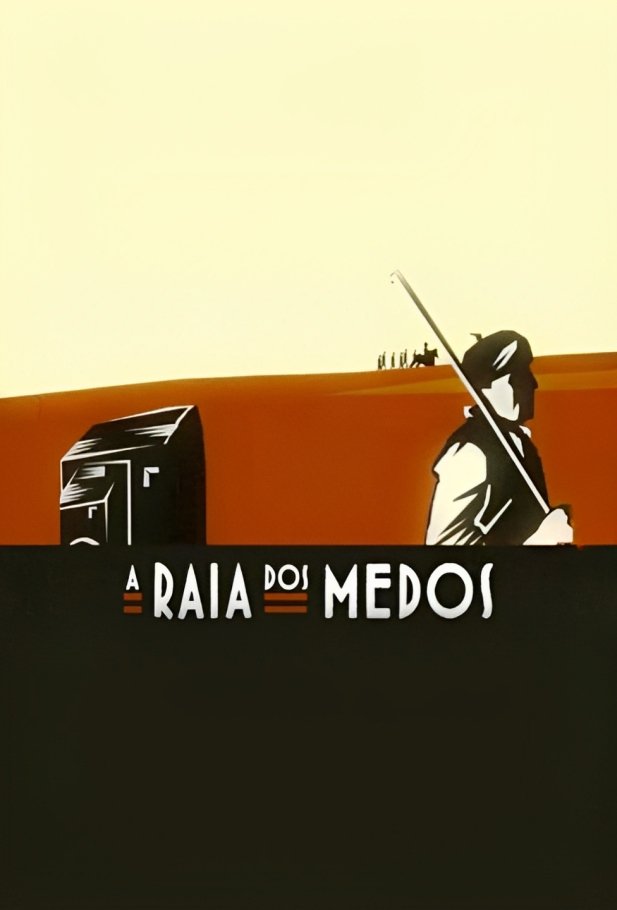

The relationship between António and Ruth ends unexpectedly when Ruth decides to live with Pedro, António's best friend. António doesn't fight back and lets himself drown. From the woods come Violeta and Gaspar, two strange beings, a mixture of fairies, demons and guardian angels, who help António overcome his depression. With the thunders the two characters return to their domains. And life goes on.
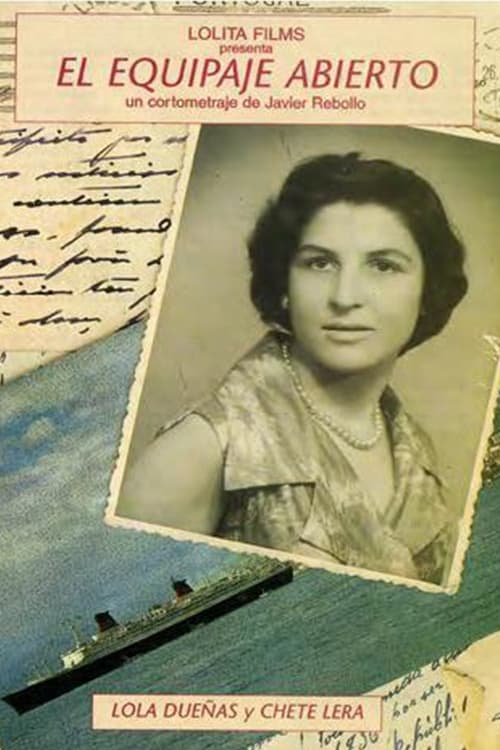
Amanda is a melancholic prostitute, in love with a regular client, a disenchanted doctor. Since the day Amanda met this man, he has become, without knowing it, her only client. This explains why Amanda, since then, has been stealing suitcase in a bus station in order to live. One day Amanda steals a suitcase which is different than the other. Its content will change her life.
Isabel Maria Bastos Osório de Castro e Oliveira (August 1, 1931 – November 23, 2005) was a Portuguese film actress. She was born in the capital Lisbon in 1931 to José Osório de Castro e Oliveira (Setúbal, 27 January 1900 - Lisbon, 3 December 1964) and writer Raquel Bastos, granddaughter of the writer Ana de Castro Osório, brother of the writer João Osório de Castro. Castro's career began with the movie Ladrão, Precisa-se! in 1946. Later, she appeared in some Spanish films including Under the Skies of the Asturias where she played as Angelina Quirós, The Pelegrín System, Lawless Mountain as Maria and in El cerco. She played in more Portuguese films including Francisca (1981), O Desejado (1987) and Hard Times (1988). In the mid-1990s, she went to Cape Verde, appearing in the films Down to Earth (1995) and The Island of Contenda (1996), the latter based on the novel by Henrique Teixeira de Sousa, in which she played the character of Nha Caela. Her last movie was A Casa Esquecida, in 2004. She appeared in about 50 films and appeared in theatre and television. She died of cancer in Borba near Évora. In 1948, she married Óscar Acúrsio, she later married Miguel Luke. Source: Article "Isabel de Castro" from Wikipedia in English, licensed under CC-BY-SA 3.0.
By browsing this website, you accept our cookies policy.